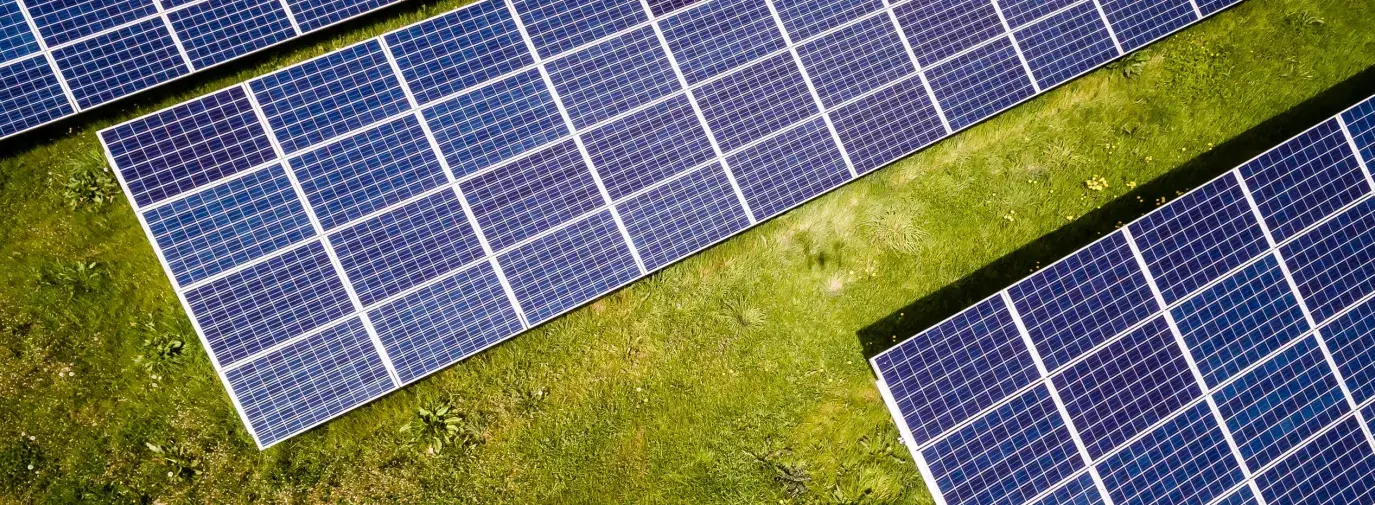
If the world transitioned out of fossil fuels, could we generate the energy needed to power the world on 100 percent renewable energy?
According to a new report by LUT University in Finland and Energy Watch Group, a German nonprofit, the answer is yes. The nearly five-year-long study simulated a global transition to 100 percent renewable energy by 2050 across all sectors—from power, heat, transport, and water sanitation/desalinization—and demonstrated that a sustainable energy system is more efficient and cost effective than our current energy system.
The world’s population is expected to grow from 7.7 billion in 2019 to 9.7 billion in 2050, and total energy demand is expected to grow by almost two percent annually to keep up with a higher standard of living. To match this growth, the study divided the world into nine major regions and 145 sub-regions. Energy use in these regions and sub-regions were measured hourly within five-year intervals from 2015 until 2050.
Almost all of the energy supply will be produced using a mix of existing and locally available renewable energy sources; the report emphasizes that decentralization of energy production will be vital to increased efficiency. Additionally, our we must transition from fossil fuels to electricity-based sources or biofuels, like biodiesel or algae fuels. Replacing carbon-intensive energy options in the power and heat sectors is possible by 2030, while the transport sector decarbonizes between 2030 and 2050.
The report claims that while energy supply in the fully renewable energy system will be covered by a mix of sources, solar and wind energy will lead the transition. Together, they will make up 88 percent of the total energy supply. The report predicts that a fully renewable global energy system will support an estimated 35 million local jobs, with solar leading job creation.
This report is the first of its kind to analyze a sustainable energy system on an hourly basis at a global level. It is a detailed and thorough study in support of 100 percent renewable energy and a vital testimony for climate change activists.







